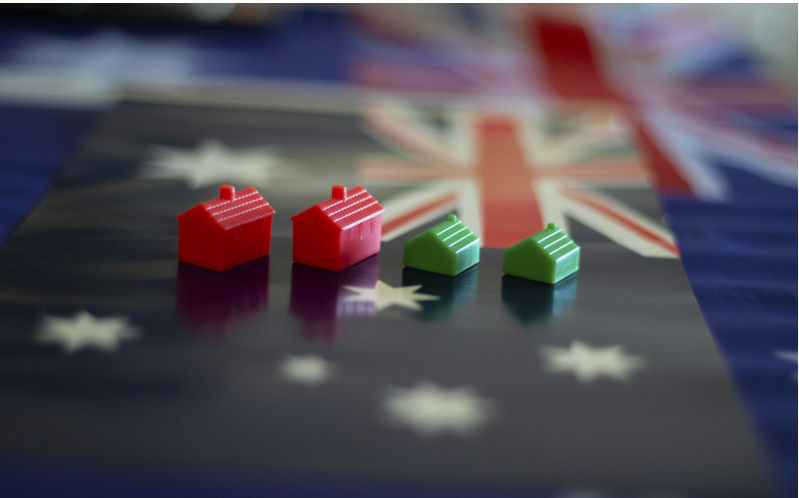Game, set and match to the property industry – unless we change everything
October 31, 2025
The contradiction at the heart of Australian politics has never been clearer. On the one hand, the Albanese Government has rediscovered the language of national renewal of making things again, of manufacturing revival, of “A Future Made in Australia".
On the other, the same Labor Governments — federal, state, and local — are propping up a system that does the opposite: a property-based economy where land speculation, construction booms and developer profits have replaced real production as the measure of prosperity.
Now, News Ltd has joined the chorus with its “Make Things in Australia Again” campaign and a headline that sounds patriotic, but rings hollow. This is because News Ltd’s business model, political alliances and property interests are all built on the same real estate bubble that has hollowed out Australia’s productive base.
This is the fundamental conflict: the newspaper empire that cheers for “making things” is also the most powerful advocate for building towers and not factories. Its pages overflow with real estate ads, glossy apartment spreads and endless developer puff pieces. The ideology of property is also the ideology of power and one that suits both News Ltd’s profits and the political class’s dependence on construction to simulate economic growth.
The Albanese Government talks of reindustrialisation, but its state counterparts, especially in South Australia, Victoria and New South Wales, are locked in a race to the sky. Each new “Big Build,” each “transformational” tower, each “once-in-a-generation” property deal is sold as modernisation. But the result is a country that builds more penthouses than production lines, more luxury apartments than laboratories, more shopping precincts than schools.
Meanwhile, Labor has quietly abandoned its greatest instrument for building a just and productive nation: public housing. Instead of investing directly in homes for people, it has outsourced the task to the same private developers whose business models depend on scarcity, speculation and state subsidy. The Commonwealth becomes guarantor for developers’ profits. States loosen planning controls. Councils welcome the rate base windfall. Everyone gets their cut except the citizens who need an affordable home or a meaningful job in an economy that makes, rather than merely trades and builds, towers.
Local government dependence completes the cycle. With rates tied to property values, councils have become cheerleaders for population growth and densification no matter how destructive, unaffordable or unsustainable. Every extra tower means more rates revenue, more short-term cashflow, and less incentive to question who actually benefits from this spiral of construction and congestion.
It is, in short, game, set, and match to the property industry. They win on every front on policy, propaganda and profit. Their lobby groups write the talking points. Their projects shape our skylines. Their donations lubricate the wheels of both major parties. And their economic logic, that the only path to prosperity is more people, more towers, more concrete, has become an unchallenged national creed.
The tragedy is that this consensus masquerades as progress. We are told that towers mean vitality, that “growing up” means becoming like Sydney or Singapore, that anyone who questions this vision is anti-growth or anti-future. Yet the truth is the opposite. A nation cannot build its way to a thriving and sustainable future through speculation. It cannot house its people through developer dependency. It cannot rebuild its industrial base while surrendering its cities, its budgets and its democracy to the property lobby.
If Australia truly wants to make things again, it must start by unmaking this system and by rebuilding public housing as a public mission, taxing land and property speculation, reforming political donations, rebalancing local government funding and shifting investment from towers to technology, from property to productivity, from rent-seeking to real making.
Until then, every talk of “a future made in Australia” will remain a slogan printed on the front page of a newspaper that makes more money selling apartments than telling the truth.
It’s time to change everything, starting with who our governments really serve.
The views expressed in this article may or may not reflect those of Pearls and Irritations.

